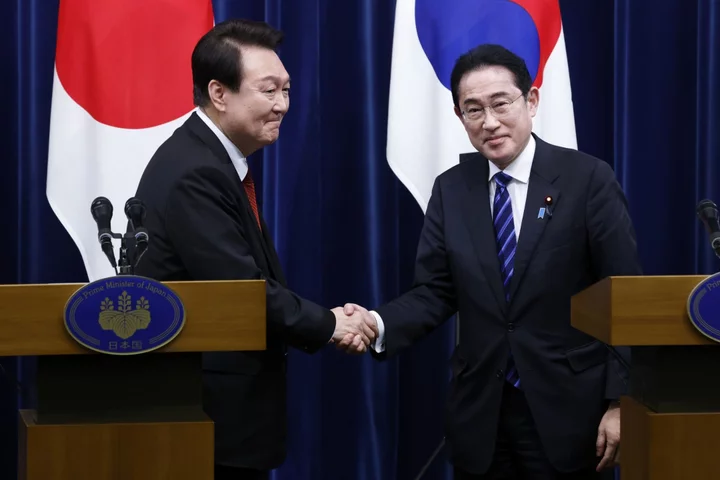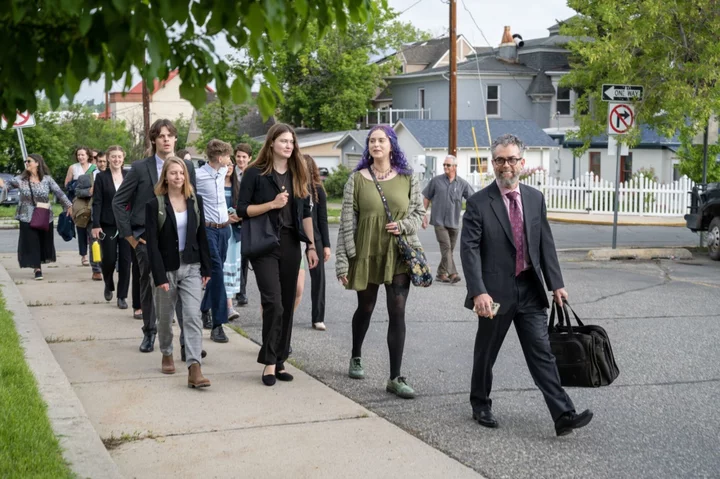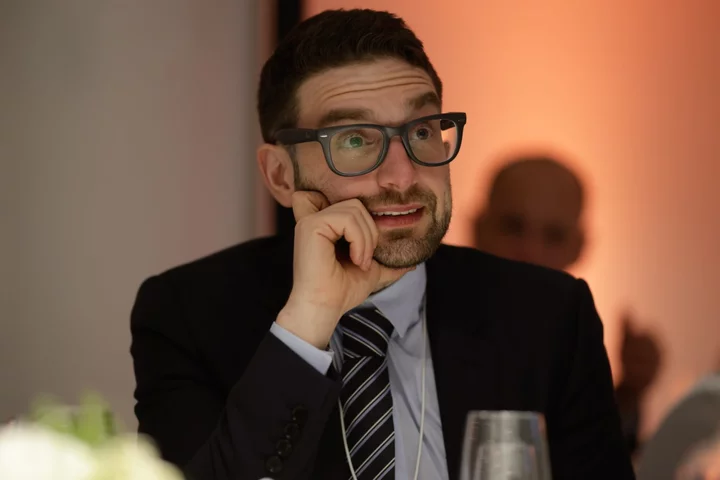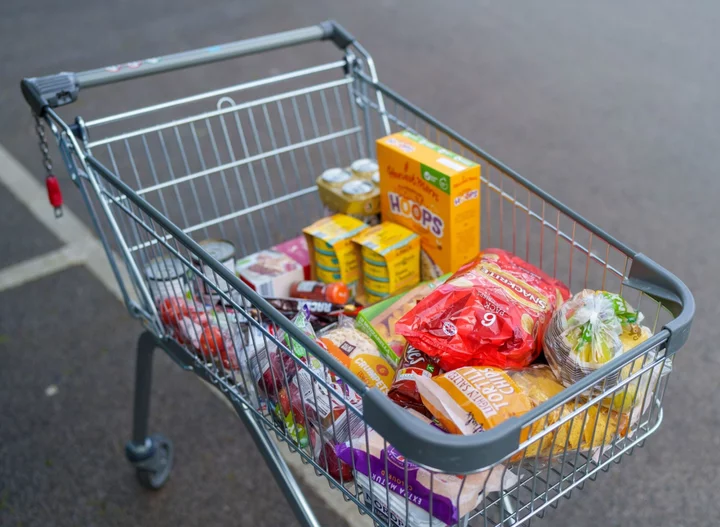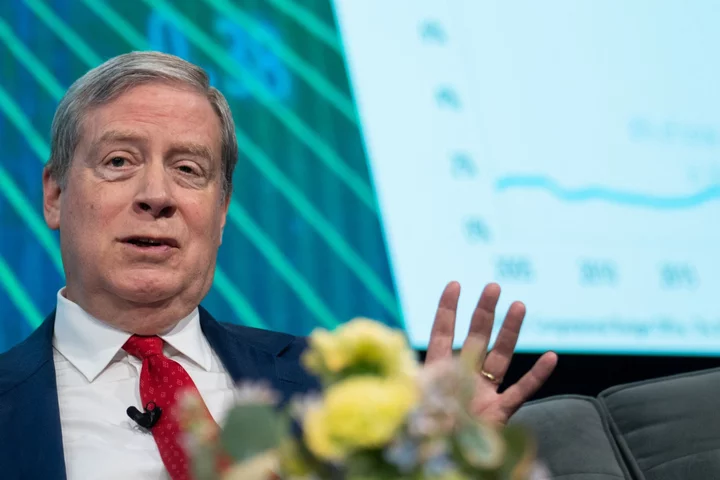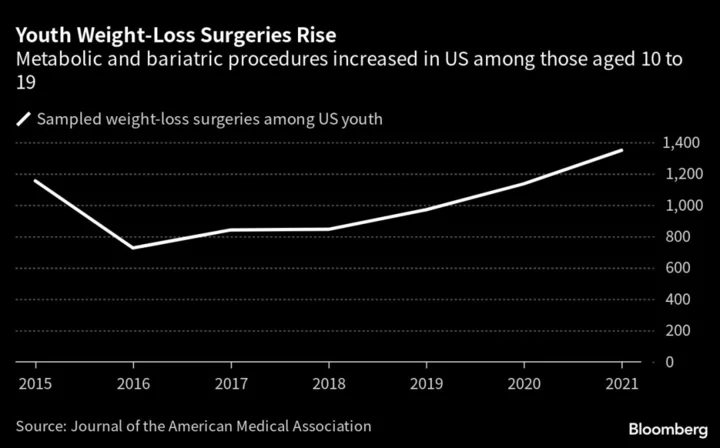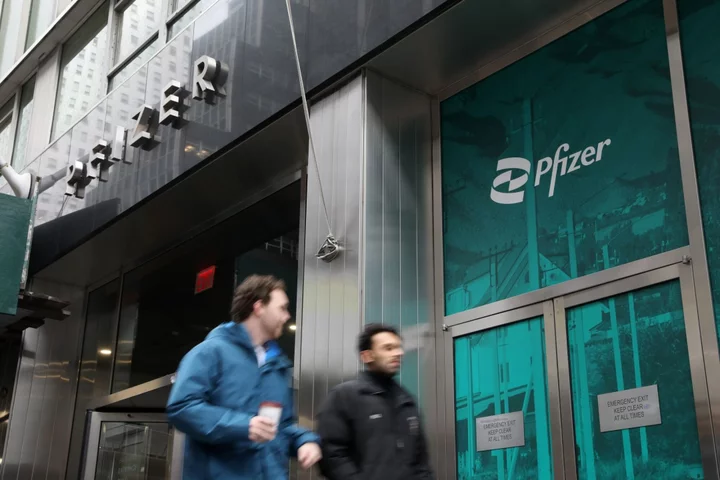Japan decided to restore South Korea to its list of preferred trading partners, the latest step toward bolstering relations that will help them strengthen cooperation with the US.
The restored status will take effect on July 21, Japanese trade minister Yasutoshi Nishimura said Tuesday. The return to Japan’s so-called white list of trading partners will smooth out export procedures to South Korea and comes about three months after Seoul made a similar move.
“We also agreed upon a follow-up framework to continue dialogue over policy and take appropriate action including reviewing measures and operations as needed,” Nishimura said.
South Korean President Yoon Suk Yeol and Japanese Prime Minister Fumio Kishida have taken steps this year to resolve issues tied to Japan’s colonial rule over the Korean Peninsula so that the two nations can collaborate further with the US over North Korea and China.
The announcement comes as the leaders of Japan and South Korea prepare for a trilateral summit with US President Joe Biden. That meeting could be held as soon as late August, the Yomiuri newspaper said earlier this month.
South Korea’s trade ministry said bilateral trust in the field of export control had been fully restored following in-depth policy discussions and vowed to cooperate with Japan on related bilateral and multilateral issues.
In March, Japan decided to roll back export restrictions of key semiconductor materials for South Korea, easing licensing requirements on fluorinated polyimide, hydrogen fluoride and photoresists — all essential materials for the manufacture of displays and semiconductors.
Both countries are major players in the chip industry, where bolstering supply chains is increasingly seen as a matter of national security. Japan is clamping down on exports of chipmaking gear as the US ratchets up efforts to limit China’s access to advanced knowhow.
Yoon has been working to rebuild trust after relations with Japan turned their coldest in decades under his predecessor, hampering US efforts to cooperate with allies. A dispute over whether Japan had sufficiently compensated for its past colonization of the Korean Peninsula threatened cooperation from trade to security.
Progress accelerated after Yoon in March unveiled a plan to have South Korean firms compensate Koreans conscripted to work at Japanese mines and factories, rather than pursue Japan’s companies through the courts.
He was invited to meet Kishida in Tokyo for the first meeting of its type in 12 years, and attended the Group of Seven summit in Hiroshima, where the two leaders showed unity by paying respects together at a memorial to Koreans killed in the 1945 nuclear attack.
--With assistance from Sangmi Cha and Shoko Oda.
(Updates throughout with details.)

